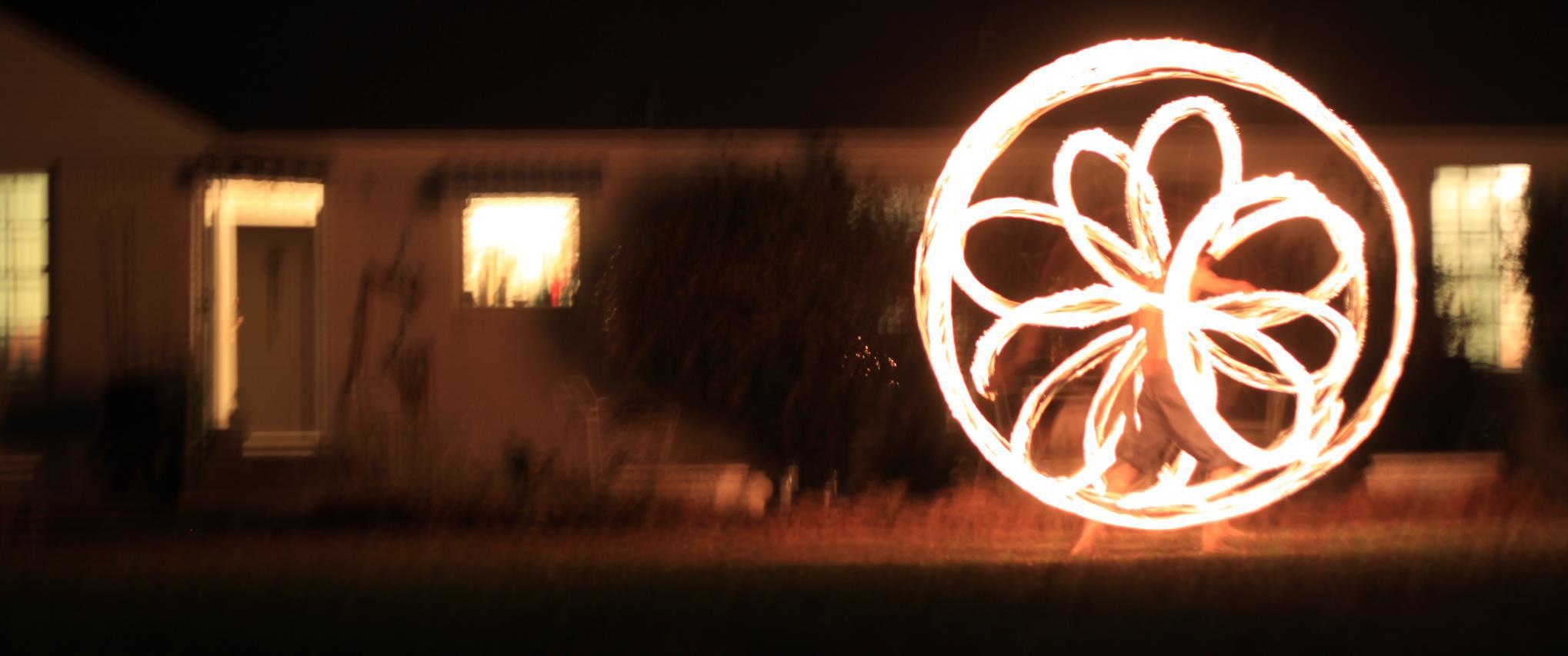We plan things to death, literally. It’s great to get ideas and get an idea on how to initiate it into action; however, it’s can be a destructive pattern. Get an idea, plan on how to initiate the idea, get more ideas on the initiation of the idea and you end up with ideas^3. It never reaches a starting point.
Micro Planning
I’m going to use the analogy of starting a business. Many people save up a fortune to start up something they believe will be desired by the masses or they just dreamed of having that fruit orchard once they retire. The sad truth is that initiating a big idea does take a lot of big planning. It can be done through thoughtful analysis and proper use of time. Unfortunately, most of us have not learned or thought of the processes that it takes to use time effectively or to ask the right questions on how to improve and make our ideas into reality.
Micro-planning takes care of that for us. If you have an idea, get what you need to make it happen and start. That’s all. You have an idea, list the materials and get started. No dilly dallying or frolicking with a boatload of crap ideas. Try something out and learn the steps it takes to made it happen.
In Action
From there you have more to plan around and can generate better ideas on how to improve each step. For example:I want to educate and empower others by making resources and knowledge accessible to them.
TO DO that I’m going to teach them how to make wicking wine bottle gardens and slowly teach them other realms of gardening while they learn areas they are interested in.
TO MAKE IT HAPPEN, I need wine bottles, something to cut glass, a piece of yarn, soil, some plants, a space to make stuff, and people to educate.
After doing it, I’ll evaluate things to make it better.
TO MAKE IT MORE EPIC, I’ll teach them safety and having a clean workspace, give them the opportunity to tell me what they want to learn, provide access to books and other wealth of resources, and find more time to get them creating and learning.
Reflection
So far, it’s been great. One homeless person has a book learning about bugs and she’s now teaching me things about them. A few others are hyped up on different types of gardens they want to create. In the end, the dream is being fulfilled, it didn’t take a lot of resources to make it happen, and I’m making great use of my time and energy.
Since it’s only a few hours a week, it doesn’t kill my efforts in other areas. I can try different projects while I evaluate what I really want to do and accomplish.
If the project turns out sour, I can always kill it and try something else without too much grief. In the end, I know that I’ve learned valuable lessons in getting started and learning along the way instead of going through the constant and never ending cycle of planning and forever thinking.
Once ideas begin turning into actions, more thoughtful and energy intensive projects are now more accessible. It’s easier to think about the building blocks of a project, determine the essential elements to make it successful, and pushing that idea into reality.
